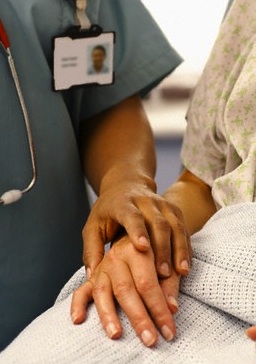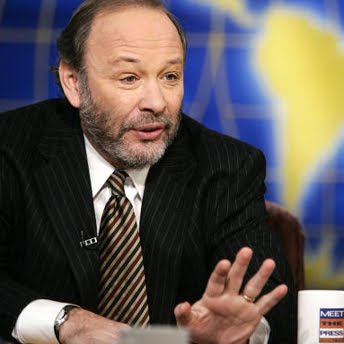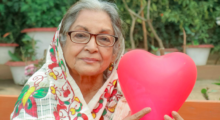“The circumstances of their deaths were not unusual,” begins TIME journalist Joe Klein, “[as] many of my friends have been through similar experiences with their parents in recent years.” Klein was referring to the painful and dizzying task of finding the best medical care he could for his mother and father in their coinciding twilight days. Klein ultimately transferred his parents “from regular fee-for-service Medicare to a private nursing home that used the Geisinger health care system, in which — as with the Mayo Clinic and others — doctors are paid salaries and outcomes-based performance bonuses rather than by the services they perform.” The result was a welcome relief for Klein, who had moved them into the on-site nursing home the Fairways only see his father rage against the relocation and the staff.
And he couldn’t blame him.
“The nursing home,” Klein admits, “was first-rate, but it was a death-factory. People went in and didn’t come out.” The Fairways was incredibly qualified, but he wondered if it ran the risk of detaching Klein’s parents from an integral component of human health: feeling comforted by the personal attention we need, perhaps more than ever, as we die. The right combination of personableness and medical clarity is essential to feeling more at home in our final days, even if we’re anchored with feeding tubes to a hospital bed.
“The nursing home was first-rate, but it was a death-factory. People went in and didn’t come out.”

The Geisinger staff gave relief to Klein and his parents in a difficult time. Photo credit: digitalcatharsis.com
This was Klein’s greatest fear, but it was instantly assuaged by interactions with the center’s Geisinger doctors and staff, who spoke with refreshing clarity and frankness on his parents’ health and became “co-conspirators” with Klein, constantly discussing the slightest shifts in their personality or appetite. Geisinger employs nurses who work by phone and in person to “give more individual attention” to patients by calling and visiting to make sure they’ve taken their medication, or weighed themselves for the day. “The bonuses that Geisinger doctors receive,” Klein explains, also “depend on how patients rate their care.” And rather than exist as unsociable caregivers, doctors have to pass through a medical orientation program called Patients 101 which “schools them in basic procedures like shaking hands,” or looking a patient’s family in the eye to introduce themselves. And while fee-for-service medicine continues to exist as a powerfully predominant option, Klein felt the Geisinger doctors embodied what we all seek in end-of-life assistance: “caregivers who really knew how to give care.”
Read Klein’s article here
You may also be interested in:
- What is Integrative Medicine? An Interview with Dr. Lael Conway Duncan, MD
- What is Psychosomatic Medicine? Interview with Dr. Mary Alice O’Dowd
- How Can We Raise Awareness About Palliative Care? An Interview with Helen McNeal

 TIME’s Joe Klein Talks End-of-Life Care in His Article “The Long Goodbye”
TIME’s Joe Klein Talks End-of-Life Care in His Article “The Long Goodbye”




 The Healing Sound of Singing Bowls
The Healing Sound of Singing Bowls
 “Summons” by Aurora Levins Morales
“Summons” by Aurora Levins Morales














